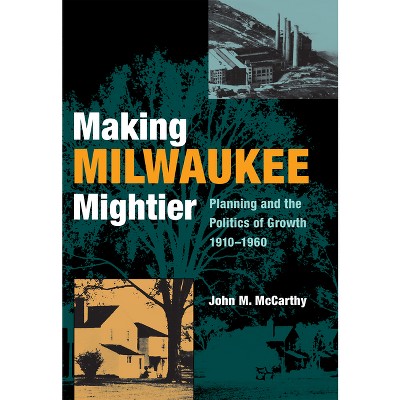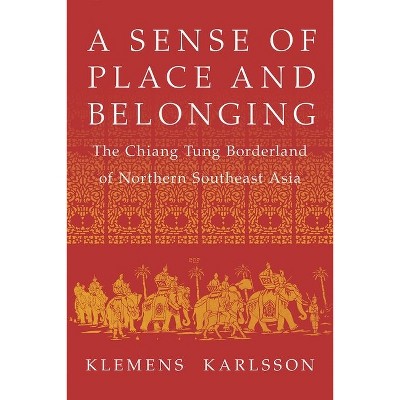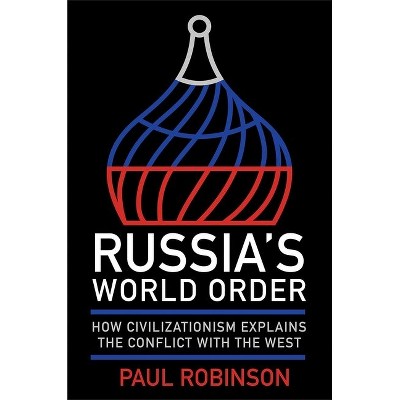Sponsored

James Burnham - by David T Byrne (Hardcover)
In Stock
Sponsored
About this item
Highlights
- In this intellectual biography of one of the most important political thinkers of the twentieth century, David T. Byrne reveals the fascinating life of James Burnham.
- About the Author: David T. Byrne earned his PhD in history from Claremont Graduate University.
- 256 Pages
- History, United States
Description
About the Book
"This book analyzes one of the twentieth century's most important political writers. James Burnham began his intellectual career as a disciple of Leon Trotsky and ended it as a leading figure at America's preeminent conservative magazine, the National Review"-- Provided by publisher.Book Synopsis
In this intellectual biography of one of the most important political thinkers of the twentieth century, David T. Byrne reveals the fascinating life of James Burnham.
Beginning his intellectual career as a disciple of Leon Trotsky, Burnham preached socialist revolution to the American working classes during the Great Depression. In 1940 he split with Trotsky over the nature of the USSR. Attempting to explain the world that was emerging in the early days of World War II, Burnham penned one of the most successful political works of the early 1940s, titled The Managerial Revolution. This dystopian treatise predicted collectivization and rule by bland managers and bureaucrats. Burnham's next book, The Machiavellians, argued that political elites seek only to obtain and maintain power, and democracy is best achieved by resisting them.
After World War II, Burnham became one of the foremost anticommunists in the United States. His The Struggle for the World and The Coming Defeat of Communism remain two of the most important books of the early Cold War era. Rejecting George F. Kennan's policy of containment, Burnham demanded an aggressive foreign policy against the Soviet Union. Along with William F. Buckley, Burnham helped found National Review magazine in 1955, where he expressed his political views for more than two decades.
As Byrne shows in James Burnham, the political theorist's influence has stretched from George Orwell to Ronald Reagan to Donald Trump's base. Burnham's ideas about the elite and power remain part of US political discourse and, perhaps, have more relevance than ever before.
Review Quotes
Byrne persuasively renders Burnham as a thinker of first-order influence in his own time and a prophetic voice who anticipated and described our contemporary convulsions several decades before they came to pass.
-- "Civitas Outlook"David Byrne offers a solid narrative without judgment through the intellectual life of Burnham, with succeeding chapters concentrating on his writings and world view in particular periods.
-- "Choice"This is a useful introduction to Burnham's thought... Byrne's concise and accessible survey illustrates Burnham's enduring appeal to conservatives, decades after he died in 1987.
-- "Law & Liberty"David T. Byrne capably argues that it is Burnham whose influence has stretched across the conservative movement, guiding leading paleoconservative, neoconservative, and, in his day, anticommunist thinkers and politicians.
-- "National Review"Byrne shows how Reagan's policies echoed the proposals that Burnham wrote about in his Cold War trilogy and in numerous columns at National Review.
-- "The American Spectator"About the Author
David T. Byrne earned his PhD in history from Claremont Graduate University. He is the author of Ronald Reagan. He lives and teaches in Southern California and can be found on Twitter @David_Byrne1.
Shipping details
Return details
Trending Non-Fiction











